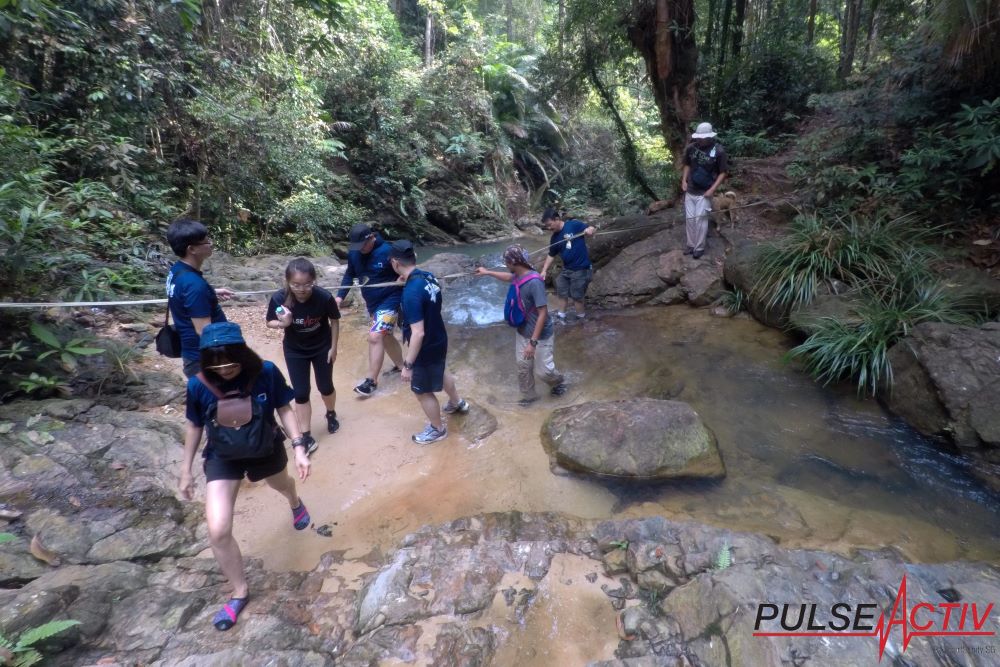Survival Skills and Teamwork: Wilderness Team Building Adventures
In today’s fast-paced corporate world, fostering strong teamwork and resilience is crucial for success. One of the most effective ways to achieve this is through wilderness team-building adventures that teach survival skills. These outdoor experiences push teams to their limits, encouraging collaboration, problem-solving, and adaptability. In this article, we will explore various activities that teach survival skills and highlight how they enhance teamwork and foster resilience.
1. Orienteering and Navigation
Activity Overview: Orienteering involves navigating through unfamiliar terrain using maps and compasses. Teams must work together to find checkpoints and complete a course within a specified time.
Benefits for Teamwork:
- Communication: Effective communication is essential to ensure the team stays on course and reaches each checkpoint.
- Leadership: Team members take turns leading the group, fostering leadership skills.
- Trust: Trust is built as team members rely on each other’s navigational skills and decision-making abilities.
2. Shelter Building
Activity Overview: Teams are tasked with building a shelter using natural materials found in the environment. This activity simulates a survival scenario where creating a safe and stable shelter is crucial.
Benefits for Teamwork:
- Collaboration: Team members must work together to gather materials and construct the shelter.
- Problem-Solving: Teams need to think critically about the best way to build a durable and protective shelter.
- Creativity: The use of natural materials encourages innovative thinking and creative problem-solving.
3. Fire Starting
Activity Overview: Starting a fire without modern tools is a vital survival skill. Teams learn various fire-starting techniques, such as using flint and steel, and practice building and maintaining a fire.
Benefits for Teamwork:
- Patience and Persistence: Fire starting requires patience and perseverance, teaching teams to stay focused under pressure.
- Resource Management: Teams must manage their resources carefully to keep the fire burning.
- Team Support: Team members support each other through the challenges of starting and maintaining a fire, fostering a sense of unity.
4. Wilderness First Aid
Activity Overview: Teams are trained in basic wilderness first aid, including treating injuries, creating splints, and performing CPR. This activity emphasizes the importance of being prepared for emergencies.
Benefits for Teamwork:
- Responsibility: Team members learn to take responsibility for each other’s safety and well-being.
- Decision-Making: Quick and effective decision-making is crucial in emergency scenarios.
- Empathy: Providing first aid requires empathy and compassion, strengthening interpersonal connections.
5. Water Sourcing and Purification
Activity Overview: Finding and purifying water is essential for survival. Teams must locate a water source and use various purification methods, such as boiling or using purification tablets.
Benefits for Teamwork:
- Resourcefulness: Teams learn to utilize available resources effectively.
- Collaboration: Working together to find and purify water fosters a sense of camaraderie.
- Critical Thinking: Teams must think critically about the safest and most efficient methods for water purification.
6. Survival Scenarios
Activity Overview: Simulated survival scenarios, such as being stranded or lost, require teams to use their survival skills to navigate challenges and find solutions.
Benefits for Teamwork:
- Adaptability: Teams learn to adapt to changing situations and think on their feet.
- Resilience: Overcoming simulated survival challenges builds mental and emotional resilience.
- Unity: Facing challenges together strengthens team bonds and creates a sense of unity.
Benefits of Wilderness Team Building Adventures
- Enhanced Communication: Effective communication is critical in survival situations. Teams learn to convey information clearly and efficiently, improving overall communication skills in the workplace.
- Strengthened Leadership Skills: Wilderness adventures provide opportunities for team members to step into leadership roles, fostering leadership development and confidence.
- Increased Trust and Collaboration: Trust is built as team members rely on each other’s skills and judgment. Collaborative problem-solving becomes second nature, enhancing teamwork in professional settings.
- Improved Problem-Solving Abilities: Survival scenarios require creative and critical thinking. Teams learn to approach problems from different angles, leading to innovative solutions.
- Greater Resilience: Facing and overcoming challenges in the wilderness builds resilience, teaching teams to stay calm and focused under pressure.
- Boosted Morale and Team Spirit: The shared experience of a wilderness adventure creates lasting memories and a sense of accomplishment, boosting team morale and spirit.
Conclusion
Wilderness team-building adventures that teach survival skills offer a unique and effective way to enhance teamwork, resilience, and collaboration. By navigating challenging outdoor environments, teams learn to communicate effectively, solve problems creatively, and support each other through adversity. These experiences not only strengthen team bonds but also equip teams with valuable skills that translate into the workplace. Embrace the wild and watch your team thrive in ways you never thought possible.
To head back to read another article in our blog, click here.

